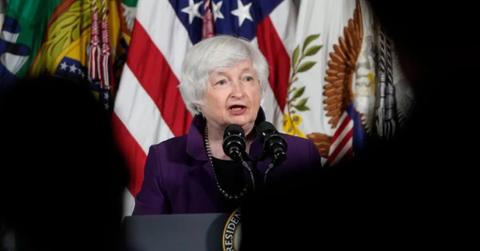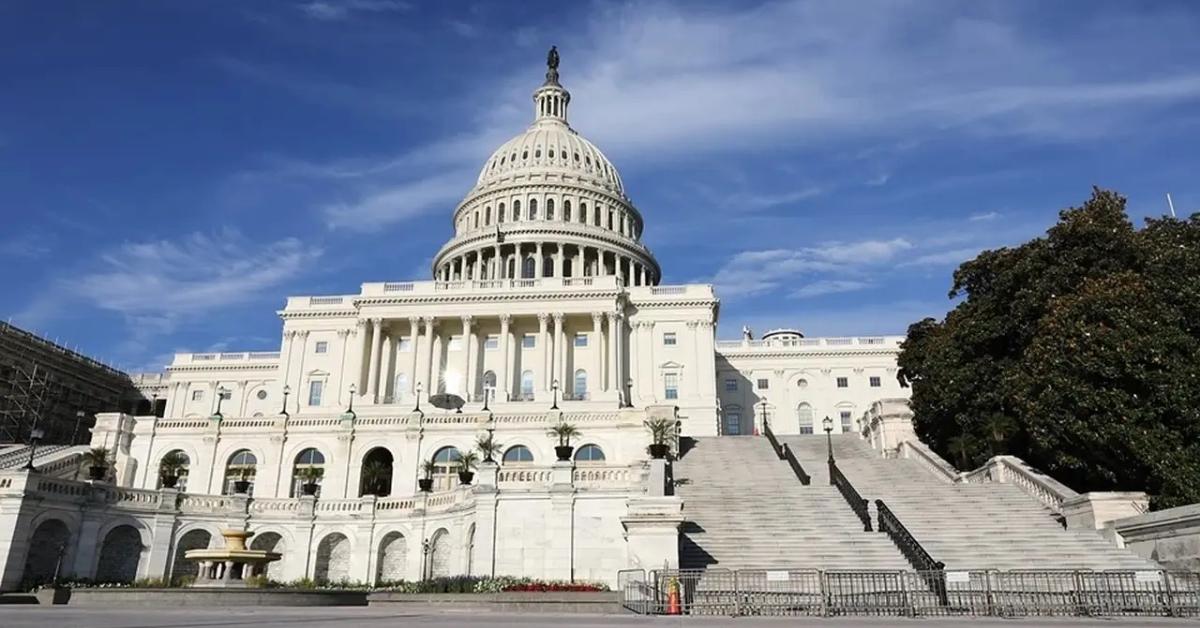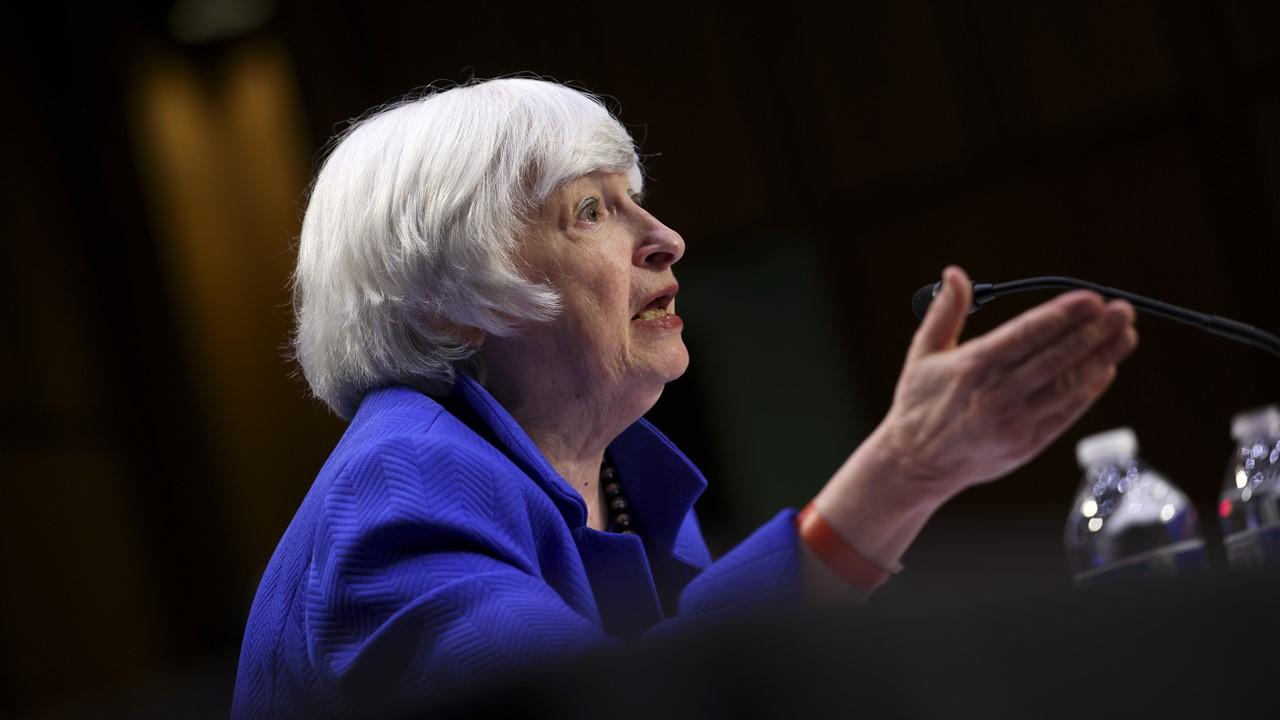Is Uncle Sam Broke? The Truth About the U.S. Government's Finances
if the U.S. were to default on its debt, meaning it didn't raise the debt ceiling, the nation would suffer immediate consequences and long-term effects.
May 5 2023, Updated 3:47 p.m. ET

While it's certainly frightening to think about the possibility that Social Security might eventually run out of money, the U.S. government as a whole is also capable of running out of money. Surprised? That’s an event that could have even more dire and far-reaching consequences for citizens around the country.
For years, legislators have been thrust into discussions and debates over the nation’s debt ceiling and whether Congress should raise that number to prevent a crisis. Secretary of the Treasury Janet Yellen has repeatedly urged American lawmakers to raise the debt ceiling. In October 2021, she warned that the country could run out of cash. Her words echoed in May 2023.
So, the question remains, is the U.S. running out money?

Millions of Americans will feel the impact if the U.S. Treasury runs out of money.
If the U.S. Treasury exhausts all of the options it has used in the past to pay its obligations and Congress doesn't raise or suspend the debt ceiling, millions of Americans will feel the impact. For one, the government might be forced to shut down and furlough government employees who would suffer financially.
The types of employees who might be impacted by a government shut down include:
- Employees who work for non-essential government agencies and departments. This might include cultural programs, parks, and regulatory agencies.
- Contractors employed by the government. Their contracts could be suspected or terminated.
- Military personnel. Although they would continue working, their pay could be delayed.
- Employees of government-funded organizations. The National Institutes of Health is one example.
If the debt ceiling remains firm, the nation will automatically go into debt default. The debt limit, which works like a credit card borrowing limit, means that the country needs to either raise its maximum card balance or go into default and stop paying on its obligations.
In broad terms, Americans who are expecting scheduled payments from the government could see major delays. The U.S. economy would see major repercussions if the Treasury runs out of money and the government doesn't raise the debt ceiling.
Janet Yellen’s dire warnings about a U.S. default.
Since before the COVID-19 pandemic started, we've heard Yellen urging leaders to raise the debt ceiling in order to prevent the U.S. from defaulting on its debt. The last time the ceiling was raised was in 2019, Yellen noted in an op-ed for The Wall Street Journal that Congress has raised it around 80 times since 1960 and has never defaulted before.
In September 2021, Yellen stated that the government’s daily gross cash flows vary greatly, averaging nearly $50 billion per day, exceeding $300 billion.

The following are some of the immediate consequences likely if the nation defaults on its debt:
- Social Security payments could be halted temporarily
- American troops could go without pay
- Monthly advance child tax credit payments could be delayed (when applicable)
- Certain veteran benefits such as disability payments, could be impacted
In addition to these direct results, other forces impacting the economy will be affected:
Threat of default could cause a downgrade in the nation’s credit rating
Default might cause a spike in interest rates and drop in the stock market
Consumers would pay higher prices to borrow for a home loan, car loan, or to obtain a credit card
It would be more expensive for the Treasury to borrow, increasing the federal debt more quickly, according to Forbes Advisor
Global markets would likely suffer as well
Simply put, if the U.S. were to default on its debt, meaning it was unable to secure more money by raising the debt ceiling, the nation would suffer immediate consequences that may lead to long-term effects.
